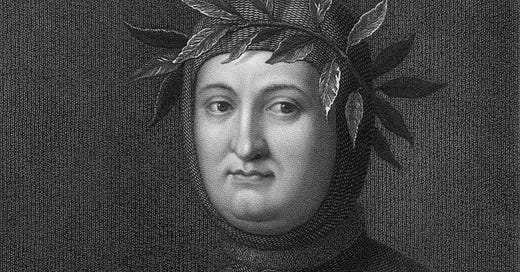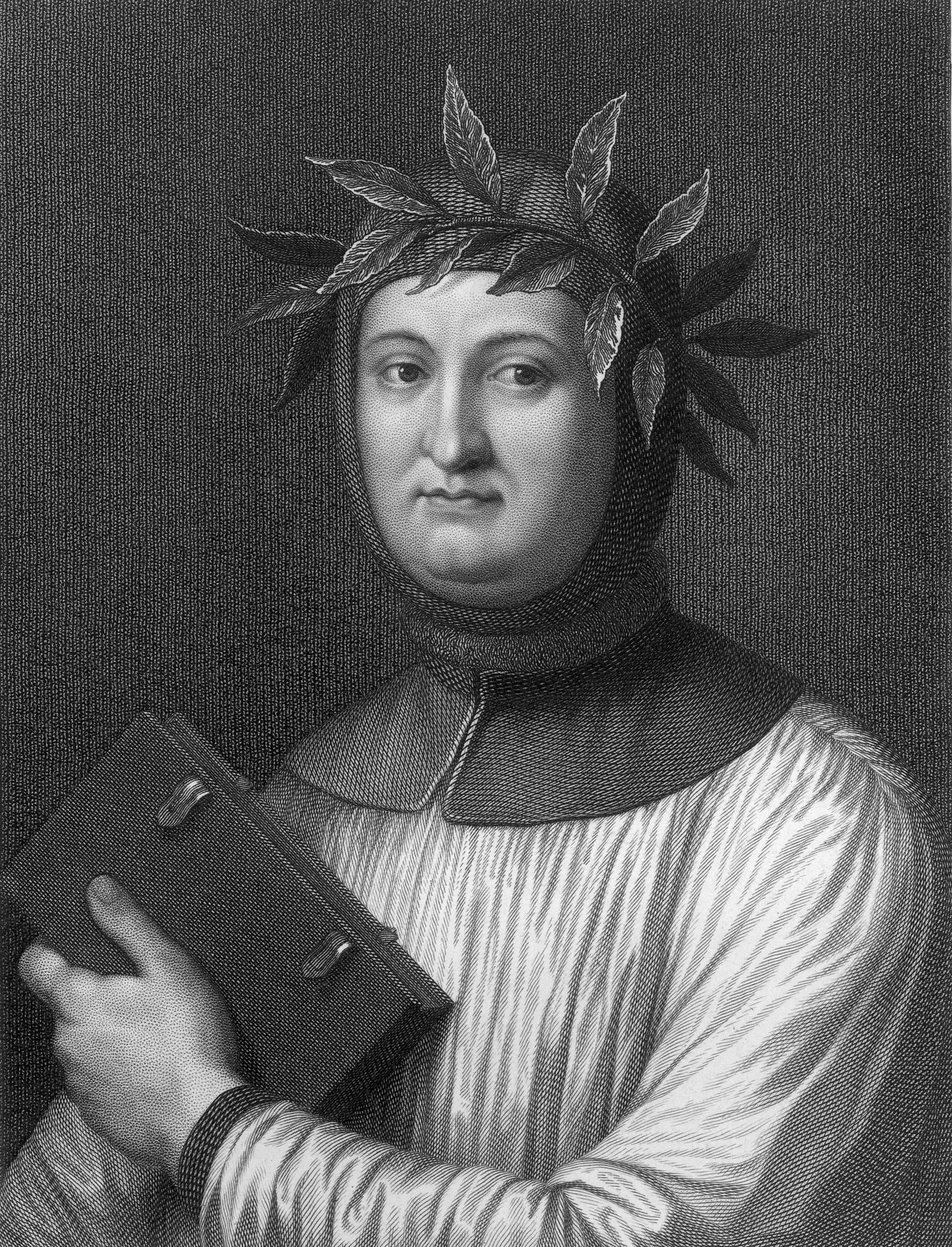Petrarch got up every morning at midnight
“I regard sleep as a kind of death, my bed as a tomb.”
Welcome to the 138th issue of Subtle Maneuvers. It’s National Poetry Month! Browse my previous poet-focused posts here.
Petrarch (1304–1374)
As a habitual if reluctant morning person—I don’t really like waking up early, but I do it because it’s the only time I can focus properly, alas—I’m always eager to read about other early risers and thereby reinforce my sense that I’m doing something right by dragging myself out of bed at 5:30 a.m. every weekday and not, you know, just being a rigid, routine-obsessed weirdo (ha ha?).
Until recently, the earliest-rising writer I’d read about was Octavia Butler, the great science-fiction author, who, when she was working a series of “horrible little jobs” to pay the bills, would get up as early 2:00 a.m. to write in the hours before she had to go to work. But then, last week, I was researching the 14th-century Italian poet and scholar Francesco Petrarca—known to English speakers as Petrarch—and I ran across this passage from a letter dated February 22, 1353:




